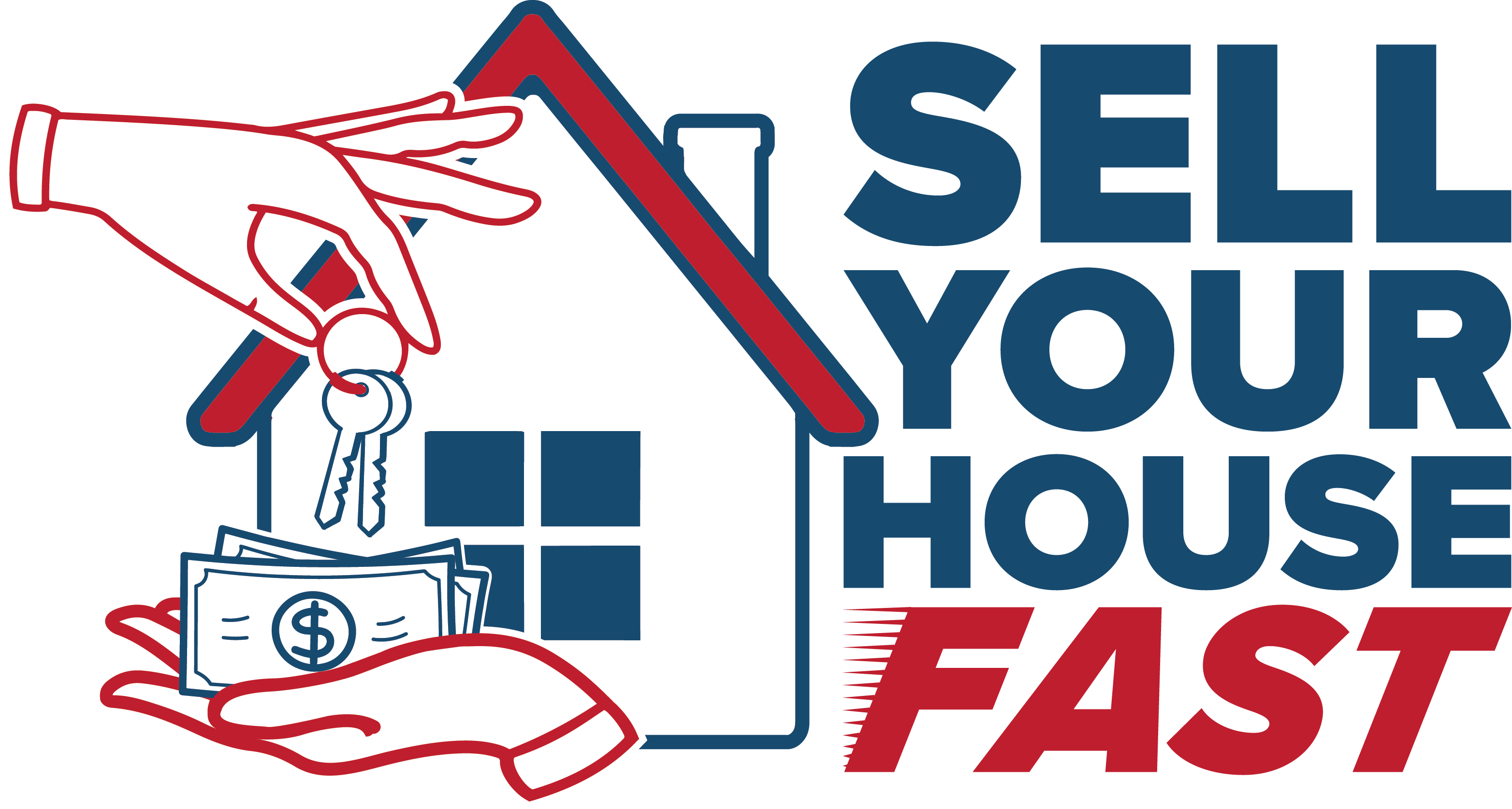Everything You Need To Know About
Doing Your Own Probate:
Although the simple answer to this question is yes, it is also strongly recommended to talk to an attorney. This is because if you don’t do it correctly, you stand to lose everything.
However, if you have a large interest in the issue, you may want to educate yourself regardless. So let’s go over some of the basic terms and procedures you’re going to need to know. First off, did the person who died have a will? If not, who was the closest family member? Can you avoid the probate process or not?
Let’s talk about some of the issues you’ll face, as well as some of the legal terms you’ll need to know. The decedent is the person who has died. The estate is considered to be the sum of what the decedent’s assets are minus its liabilities. In other words, the sum total of a person’s property and possessions minus what they owe to anyone. Is there a will? A will is the document that a person may or may not create, that designates exactly how they want their estate handled when they die.
This is perhaps the most important document a person can design and legalize while still alive. It designates the devisees, or the people who get something from the person’s estate when they die. If a person has a will when they die, it is called dying testate. If they do not have a will, they die intestate. Intestate succession is the state law regarding how and in what order the family members are entitled to receive the estate of a person who dies without a will.
The Administrator is the person who is appointed to handle a person’s estate when there is no will, while an Executor is the person named to handle a person’s estate when a will is in place, within the will.
What Is Probate?
So what is probate, and what property must go through this process? In the state of Nevada, if the decedent has property that is not designated to anyone in a will or does not automatically transfer to anyone by law upon their death, this property must go through what’s called probate. Probate is the legal process that handles the person’s property and debt upon death, but does not necessarily include all property. Some examples of property that does not have to go through the probate process are:
- Assets owned or held in a trust.
- Payable on death accounts, where the beneficiary is named and alive.
- Community property with rights of survivorship.
- Property held in joint tenancy, where there is a surviving joint owner.
- Insurance, retirement plans, or annuities with beneficiary designations.
However, if the decedent had creditors they owed debt to, or had property that they did not designate to whom it would pass to upon death, the courts handle this part of their estate in the process called probate. Nevada probates are governed by the law written in Title 12 of the Nevada Revised Statutes (“NRS”), which contains 26 chapters (Chapters 132-156). This page includes information on probate procedures, but before you try and initiate these or any other probate issues, you should not only review the laws but consider consulting with an attorney. The result of incorrectly doing this process could be anything from it taking even longer to complete to not receiving anything at all.
Will Validity
So how do you know if a will is valid or not? Well, a will can be drawn up by a lawyer or be just a handwritten letter designating who gets what when a person dies. Either document can be valid, as long as at least two people who do not have any interest in the estate can vouch for the decedent’s handwriting or signature. Nevada state law says that anyone over 18 of sound mind can dispose of their property through the writing of a will. A will must be in writing, and must also contain at least two witnesses who sign it as well, or contain a notary stamp and official signature. Aside from this, it is up to a judge to determine if a will is valid or not, as there are certain circumstances or requirements in which other forms may be found to be valid or not. Either way, the decedent’s original will needs to be filed with the courts within 30 days of their death, and it costs $18. You file it at the clerk’s office for the Eighth Judicial District Court, which is located on the 3rd floor of the Regional Justice Center at 200 Lewis Avenue, Las Vegas, NV 89155 or at the Family Courts and Services Center at 601 N. Pecos Road, Las Vegas, NV 89101. If the will was handwritten, attach a copy of a typed out version as well. Here is a general list of family ranking in order, the first being the highest ranking:
- The decedent’s spouse
- The decedent’s adult son or daughter
- The decedent’s parents
- The decedent’s adult brother or sister
- The decedent’s grandchildren
How Long Until Probate Clears?
First of all, the death certificate is required for most court filings in probate. The funeral home, mortuary, cremation organization, or anyone in charge of the decedent’s remains might be able to assist you in getting a copy of the death certificate. If you need to do it on your own, you can order one from the Southern Nevada Health District. If the decedent leaves no family behind, the estate goes to the State of Nevada. The Clark County Public Administrator is appointed to oversee the estate, then will follow through with administering it. After paying burial and funeral costs, paying creditors, and legal, accounting, and administrative fees, and making IRS filings as needed, any funds left over will go to the State of Nevada to benefit the state education fund if no family can be found. But if you are a person with viable interest in the decedent’s estate, you will probably want to know how long it will take for the probate process to complete. The answer to that is approximately 120 to 180 days.
If you have recently experienced a loss, the best advice you can get is to consult an attorney. They can help you sort out the details and make sure you get anything you’re entitled to, as quickly as possible. Sellyourhousefastlv will also take care of all attoryney related roadblocks and help you with your home even faster than if you went through an attorney!
Call Now To Learn More! 702-912-4870



